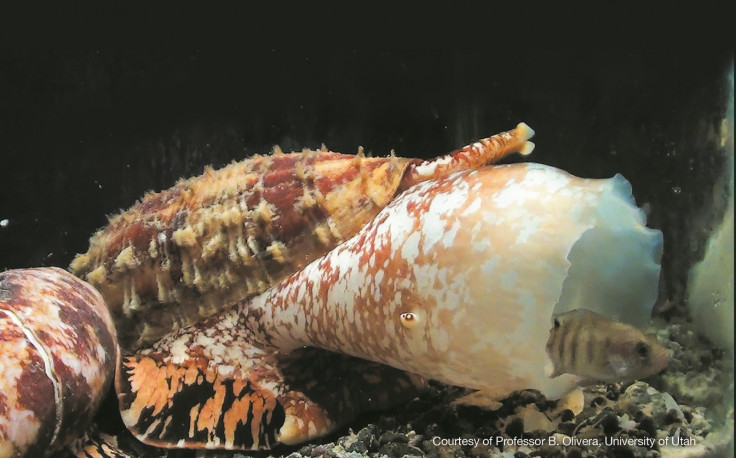Snail venom could be used to create 'ultra-fast-acting' insulins for diabetics
Australian scientists discover natural protein in cone snails operates faster than human insulin.

Snail venom has the potential to be harnessed as a treatment for diabetes by using it to develop ultra-fast-acting insulins, scientists have said. As well as finding that the natural protein inside the venom can operate faster than human insulin, scientists also discovered it can bind to human insulin receptors – indicating it could be used to create treatments for people suffering from diabetes.
The team from Australia and the US were building on previous research in which they found a species of snail that used an insulin-based venom to trap its prey. Findings showed fish would swim into the invisible venom and become paralysed, having been placed in a state of hypoglycaemic shock.

Helena Safavi-Hemami, from the University of Utah, said they wanted to find out how the snail venom could have such a rapid effect, and if there was any possibility it could be used to develop therapies for humans.
In the latest study, published in the journal Nature Structural and Molecular Biology, the team analysed the three-dimensional structure of the venom from Conus geographus. Their findings showed the insulin within the venom, revealing how the natural protein Con-Ins G1 works so fast – faster than human insulin. They also found the protein can bind to human insulin receptors.
Study leader Mike Lawrence, from the Walter and Eliza Hall Institute of Medical Research in Melbourne, said: "We found that cone snail venom insulins work faster than human insulins by avoiding the structural changes that human insulins undergo in order to function – they are essentially primed and ready to bind to their receptors.
"The structure of human insulins contain an extra 'hinge' component that has to open before any 'molecular handshake' or connection between insulin and receptor can take place. By studying the three-dimensional structure of this snail venom insulin we've found how to dispense with this 'hinge' entirely, which may accelerate the cell signalling process and thus the speed with which the insulin takes effect."
Safavi-Hemani said they were "thrilled" to find the snail venom insulins could be used in a human setting. "The cone snail insulin can 'switch on' human insulin cell signalling pathways, meaning the cone snail insulin is able to successfully bind to human receptors," she said. "The next step in our research, which is already underway, is to apply these findings to the design of new and better treatments for diabetes, giving patients access to faster-acting insulins."
© Copyright IBTimes 2025. All rights reserved.






















